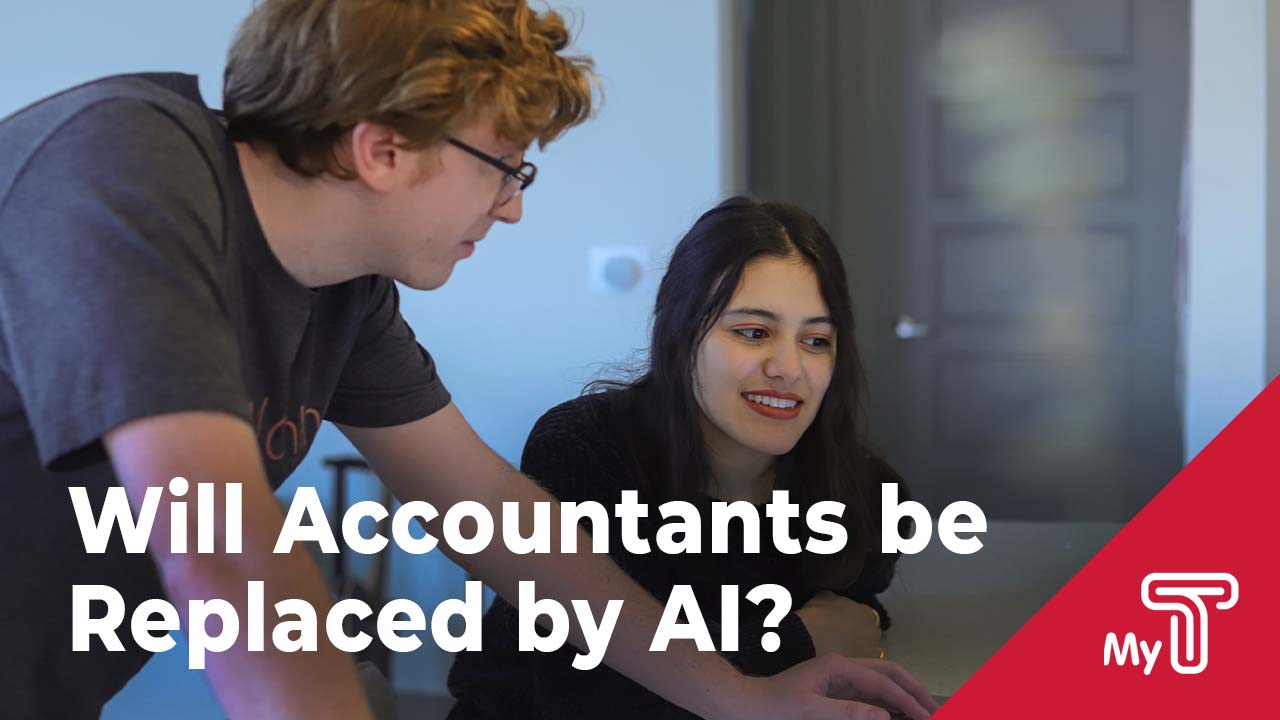Then, there is a reality that relates to the jobs that artificial intelligence replaces. Currently, experts estimate that by 2030 some 800 million jobs will have been replaced with artificial intelligence.
Now, the advance of this phenomenon makes many wonder about the future of their work. Among them, accountants. Below, we will review several aspects to try to get an answer concerning the concern of accountants in the face of artificial intelligence.
Artificial intelligence in accounting
It is very common to underestimate the ability of artificial intelligence to complete complicated tasks that are demanding to program. This is a blunder in the process of understanding how to adapt to this new pace of the world.
Broadly speaking, artificial intelligence is intended and designed to complete repetitive tasks quickly and efficiently. In fact, it is capable of doing so in only fractions of the time in which a human usually does. Moreover, accuracy is part of its strengths, i.e., it completes tasks in a short time and without losing precision. Of course, artificial intelligence platforms are responsible for observing, analyzing and learning from the data as it processes it.
In that sense, artificial intelligence is the ideal tool to perform some of the accounting functions, such as tax preparation and calculation, even some audits. Currently, there are very useful applications that perform these functions, one of them is MyT.
Artificial intelligence in accounting software makes it possible to perform these basic tasks in accounting terms. They make it possible to automate invoices and repetitive calculations. Not only that, they also facilitate information management and improve communication between clients and accountants.
In this sense, it is very common for accountants to understand that time-consuming activities can be performed by artificial intelligence. This translates into a significant reduction of working hours. So, common sense may indicate that technology companies may be replacing accounting companies.
However, the reality is different. It is enough to analyze the situation closely to understand that accountants are useful for the current business model and artificial intelligence will not replace them, at least not in the short term.
The transformation that artificial intelligence will bring
As we have already reviewed, artificial intelligence is capable of performing repetitive tasks at a much more efficient speed than humans. In other words, in terms of efficiency and accuracy, artificial intelligence has the first place.
But, this does not mean that accountants will no longer have a job. Of course, there will always be a significant need for the human element, i.e. human intelligence beyond the current technology. In fact, artificial intelligence offers a whole new dynamic that has not come to end jobs; on the contrary, it creates more jobs in other areas. In other words, it has brought to the table a transformation, not the end of jobs.
Accountants should not be worried about losing their jobs due to the use of artificial intelligence, this technology is not intended to take away jobs, it replaces, transforms and improves them.
So, accountants will always be needed. Companies need the human factor to analyze artificial intelligence data or for consulting services. So, it is clear that artificial intelligence will not replace accountants, it is a transformation that needs adaptation.
However, technology of this type facilitates repetitive tasks, which is a solution for accountants rather than a problem. Many accountants see it as a problem to be doing repetitive calculations that only take time away from the really important work, so artificial intelligence is the solution to all this. Accountants of the future will be in charge of analyzing data provided by artificial intelligence, of course, this is a profitable business for accountants.
Artificial intelligence is and will continue to be one more tool for accountancy workers. So, it is a way to become more efficient and perform complicated tasks in less time by saving repetitive tasks. In addition, the accuracy and speed of artificial intelligence is a good way to reduce the risk of errors in calculation issues.
Not only that, today’s technology is more efficient at detecting fraud or errors. So, artificial intelligence is a good way to offer real-time solutions that improve the productivity of accountants.
The important thing is to prepare for the future
The reality that must be accepted is that artificial intelligence has no competition. That is, there is no way to try to beat it in terms of efficiency, accuracy and speed. Therefore, the most prudent and intelligent thing to do is to dedicate yourself to using technology to your advantage and learn how to maximize its use to give your clients a better accounting service. Thus, it is best to include and use artificial intelligence in accounting procedures.
Currently, universities are incorporating the use of artificial intelligence in their curricula at the time of training as an accountant. That is to say, the current preparation has clear intentions to integrate technology as another tool.
Not only that, there are seminars and different courses that seek to teach accountants to implement artificial intelligence in their work. The important thing is to have the intention to learn and want to take the step towards technology. So, every accountant who wants to remain efficient and competitive must understand that the incorporation of accounting software is a reality, the important thing is to learn how to use it and give clients more efficient services with its use.
Technology continues to advance and accountants must keep up with this pace to remain current. At all times, the human factor is necessary for the analysis of the data that artificial intelligence offers or, in the figure of a consultant.
So, what is important is to learn to be part of the transformation. Moving into the future is part of the process of change, to manage in a world where technology is the protagonist requires training and willingness to learn.

